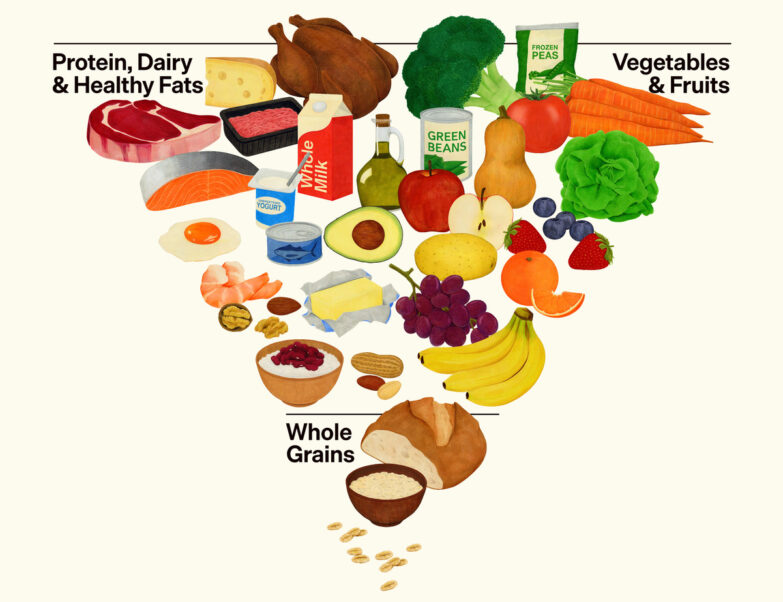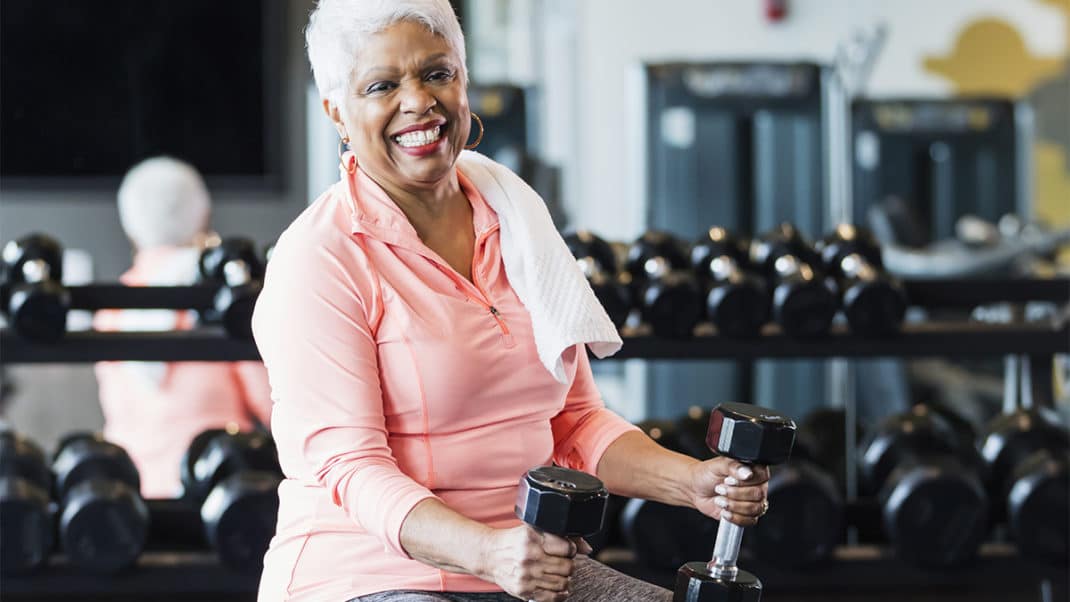Social Media Contributes to Body Image Pressure

Body image issues in the fitness industry are nothing new. But the need for a more positive philosophy and more diverse perceptions of beauty is especially relevant right now. With rising competition from fitness technologies, social media stars who plug fitness, TV trainers and an increasingly crowded marketplace within our own communities, a nice body can (and should) only get you so far in this industry. We need to emphasize qualifications more than we already do. And we certainly can’t afford to discourage people from exercising because of worn-out stereotypes about how a fit body is “supposed” to look. Our strength and longevity as an industry rely in part on greater acceptance of body diversity among our clients and participants. But to foster this open-mindedness, we must first extend acceptance to ourselves and to each other. Let’s break open this age-old problem and start working on new solutions.
Social Media Isn’t Helping
What about social media’s role in all of this? Not surprisingly, it contributes to body image pressure. “I gained almost 20 pounds a few years ago due to injury and was reluctant to post any photos on social media,” says James S. Fell, MBA, CSCS, owner of bodyforwife.com and author of Lose It Right (Penguin Random House 2014). “I didn’t start posting photos again until I lost the weight.” Carrie Myers, owner of CarrieMichele Fitness and a master-level transformational coach in New Hampshire, says she’d like to market her fitness business using Facebook Live but is reluctant. “I’m not ready to deal with the jerks who might criticize my body,” she says.
Unfortunately, Christine DiFilippi—owner of Pop Fit Studio and creator of Red Hot Dance Fitness in Philadelphia—knows firsthand about trolls. “I often get comments on my Instagram or YouTube videos about the way I look,” she says. “I was very active on Periscope, and the comments about my weight showed up daily. Although I had hundreds of people liking a livestream, I’d have at least one person per day tell me I shouldn’t be ‘an expert,’ because I wasn’t fit enough.”
Research confirms that social media isn’t helping much to promote body diversity and positivity, partly because the fitness message is often reduced to body-conscious pics and objectifying exercise demos. In one study (Carrotte, Prichard & Lim 2017), Australian researchers conducted a content analysis of social media posts tagged with #fitspo (short for “fitness inspiration”) on Instagram, Facebook, Twitter and Tumblr. Among the 415 images analyzed (mostly taken from Instagram), posts of women were significantly more likely to be sexualized, show the full body and emphasize the buttocks; posts of men were more likely to have the face visible in addition to the body. In terms of overall appearance, the women in the #fitspo content streams were typically “thin and toned,” while the men were typically “muscular or hypermuscular” (Carrotte, Prichard & Lim 2017).
An online survey conducted out of California State University, Monterey, showed that 63% of male and female respondents (most of whom exercised weekly) agreed that the fitness industry on social media implies you have to look a certain way (Norton 2017). It’s not a stretch to imagine that social media might exacerbate body image concerns for just about everybody. In fact, a meta-analysis—where researchers analyzed a group of correlational, experiential and longitudinal studies on body image and social media—revealed that spending more time on social media correlated with negative body image, including higher levels of body dissatisfaction, drive for thinness and appearance comparisons (Fardouly & Vartanian 2016). This pattern was similar for men and women.
To read more about body image issues within the fitness industry, please see “Does the Fitness Industry Have a Body Image Problem?” in the online IDEA Library or in the February 2018 print issue of IDEA Fitness Journal. If you cannot access the full article and would like to, please contact the IDEA Inspired Service Team at (800) 999-4332, ext. 7.
References
Carrotte, E.R., Prichard, I., & Lim, M.S. 2017. “Fitspiration” on social media: A content analysis of gendered images. Journal of Medical Internet Research, 19 (3), e95.
Norton, M. 2017. Fitspiration: Social media’s fitness culture and its effects on body image. Capston Projects and Master’s Theses, 138.
Amanda Vogel, MA
Amanda Vogel, MA, is a fitness professional and the owner of Active Voice, a writing, editing and consulting service for fitness professionals. She writes for IDEA, Health, Prevention, and Self, and has co-authored books on postnatal fitness and yoga. With a master's degree in human kinetics, Amanda has worked in the fitness industry for more than 15 years, including time spent as a program director and vice president for a chain of all-women clubs in Vancouver, British Columbia.






